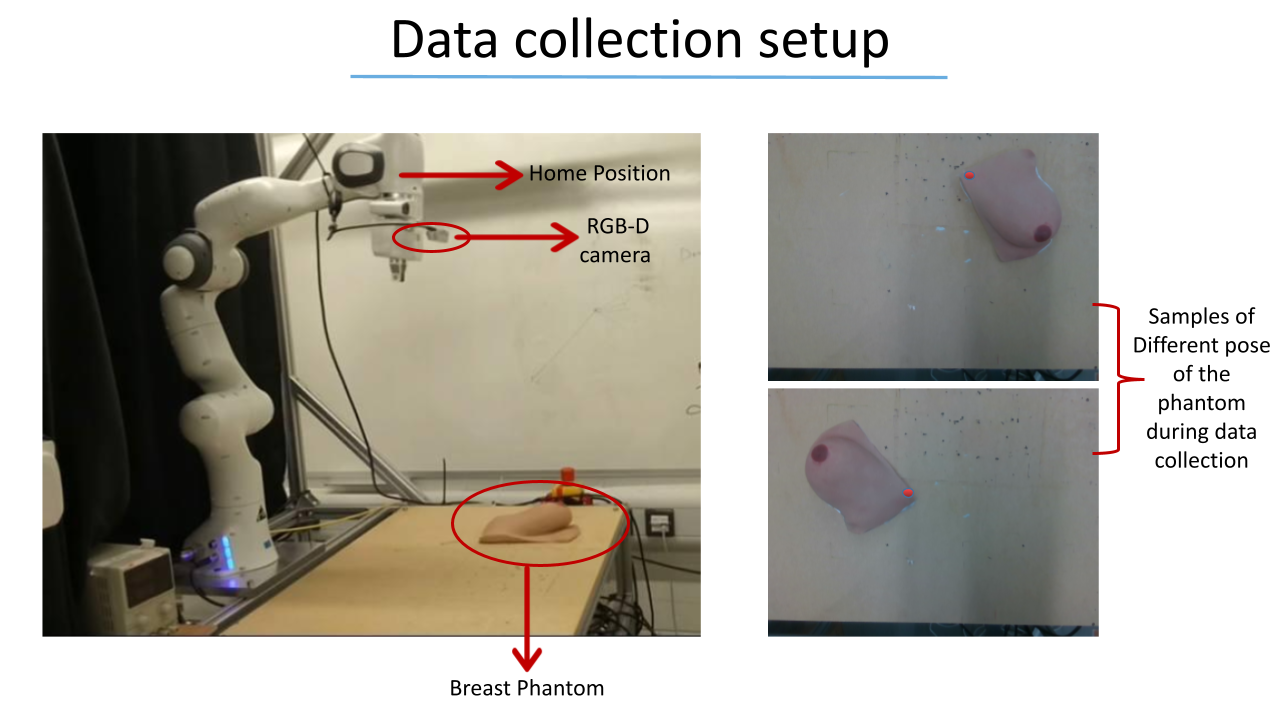Geometric Loss Functions for Camera Pose Regression with Deep Learning
Deep learning has shown to be effective for robust and real-time monocular image relocalisation. In particular, PoseNet is a deep convolutional neural network which learns to regress the 6-DOF camera pose from a single image. It learns to localize using high level features and is robust to difficult lighting, motion blur and unknown camera intrinsics, where point based SIFT registration fails. However, it was trained using a naive loss function, with hyper-parameters which require expensive tuning. In this paper, we give the problem a more fundamental theoretical treatment. We explore a number of novel loss functions for learning camera pose which are based on geometry and scene reprojection error. Additionally we show how to automatically learn an optimal weighting to simultaneously regress position and orientation. By leveraging geometry, we demonstrate that our technique significantly improves PoseNet's performance across datasets ranging from indoor rooms to a small city.
PDF Abstract CVPR 2017 PDF CVPR 2017 Abstract
